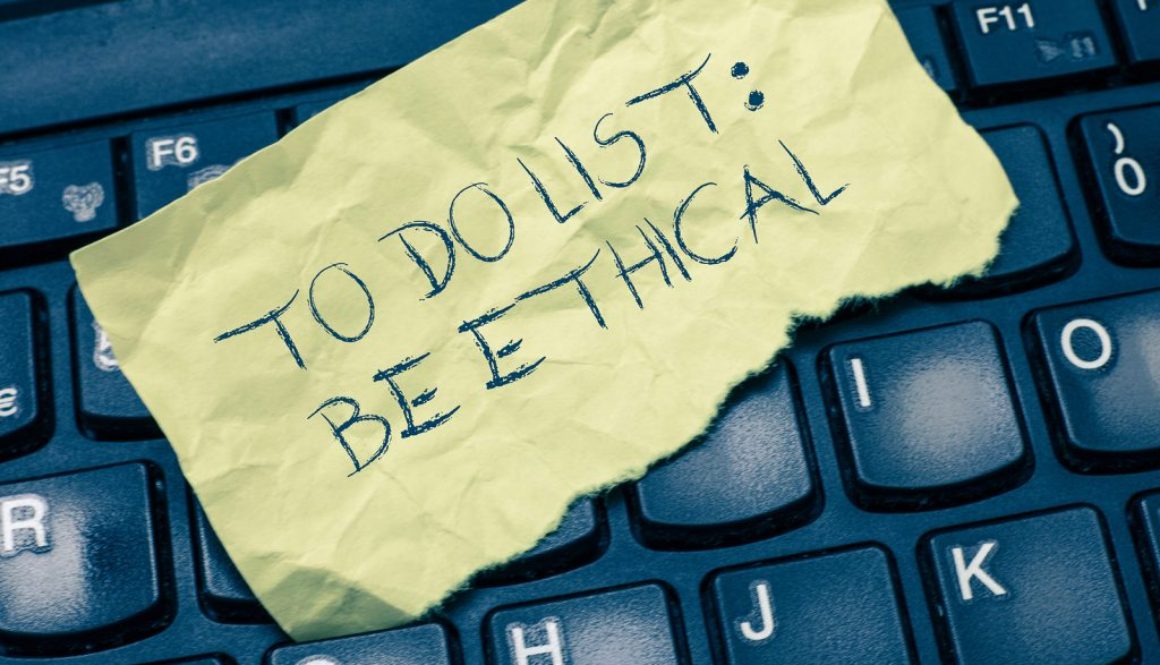Being “True North” when Dilemmas Surface
There is one question at the center of many dilemmas compliance professionals will face in their career. The answer is often obvious; sometimes not: What is ethical?
By focusing on one’s “True North” orientation, compliance professionals can strengthen their professional value-add and their organization’s compliance and business standards.
For example, when compliance departments prepare annual certifications to boards, regulators and others to report on the compliance program (and potentially disclose compliance gaps), compliance should conduct research, schedule interviews, and obtain supporting certifications.
What if a compliance officer is asked to prepare and submit a certification but doesn’t have the time or authority to conduct the due diligence? Is it ethical to do so?
The answer may seem obvious, but it is not necessarily easy. And therein lies the challenge.
Uncommon but Inevitable
Such dilemmas are rare. However, those times are the true test of one’s commitment to ethical standards and the organization’s best interest, essentially this is a compliance officer’s True North orientation.
There will inevitably be times when there are conflicts between a compliance professional’s responsibility to the organization and the gatekeeper function for government regulators. In this example, a compliance officer will need to get help or conduct the due diligence in order to meet his or her ethical responsibilities as a gatekeeper.
Compliance officers need to balance the need to be client-centric and effective gatekeepers, equally guarding the employer’s interests while delivering on legal requirements. Compliance must give regulators and others a genuine and accurate certification of good health. If a gap were to be discovered later, but mistakenly not disclosed in the certification, the firm and the unprepared compliance officer both could have been held accountable for being negligent.
To be impactful, compliance officers should be aligned with and believe in the culture, the organization, and the business efforts they serve. Compliance officer job descriptions routinely contain phrases like “strong ethics needed” included in the list of qualifications. “True North Ethics” is one of the keys to a compliance officer’s success – protecting an organization and one’s contribution.
Ethics and Leadership
Dilemmas will inevitably arise that challenge a compliance officers’ responsibility to both protect their organizations and serve as a gatekeeper for government regulators. They need to avoid focusing only on protection. Compliance officers must be simultaneously aligned with and believe in the culture, the organization, and the business efforts they serve.
This need creates the opportunity to serve as a True North ethical beacon that communicates and demonstrates advocacy for sustainable governance while also managing their personal liability.
You can learn more about True North Ethics in my book Triple Bottom-Line Compliance: How to Deliver Protection, Productivity, and Impact as well as my podcast What’s Ethical?
To learn more about how you can innovate with compliance, contact my office today. If you would like to read about my philosophy and how to support business growth so there is measured and informed risk-taking, here’s a look inside my book.

